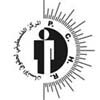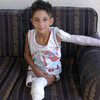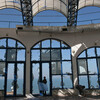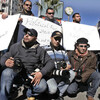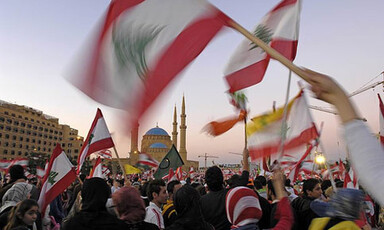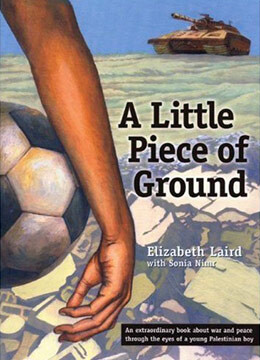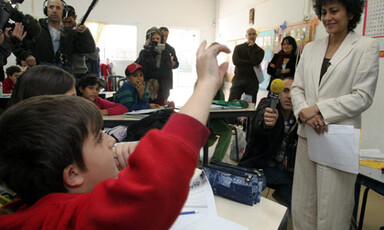
Mockery and deception continue
24 January 2007
When Palestinian Authority Chairman Mahmoud Abbas flew to Damascus last weekend to meet with Khaled Mishaal, the head of the Hamas politburo, he took with him many expectations. It was hoped that this meeting could put an end to the political infighting that has been going on ever since Abbas’ Fatah movement refused, with Western-backing, to accept the result of the elections one year ago that gave Hamas a sweeping majority of seats and the right to form a Cabinet. With both parties nominally committed to a “national unity government”, it was also hoped that an agreement would put an end to the US-Israeli-EU siege and boycott of the Palestinian Authority that has brought an occupied people to unprecedented levels of suffering and misery. Read more about Mockery and deception continue
